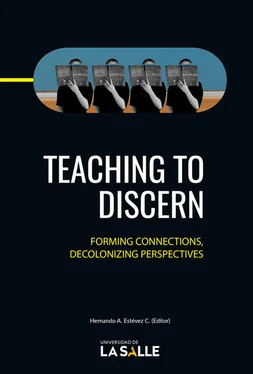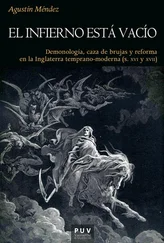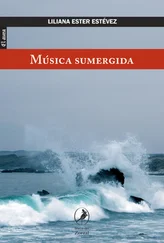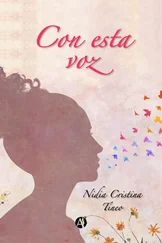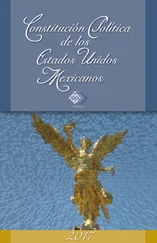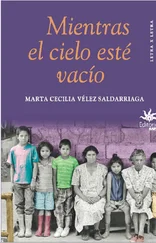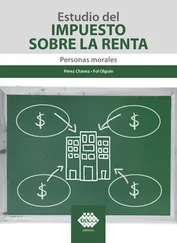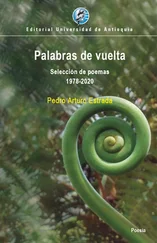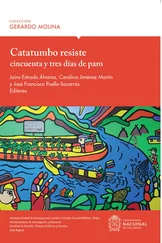The third part of this anthology gathers the experiences of five educators who participated in the Summer Academy, which focused on the “Peacebuilding Generation”:
Donna Maria Maynard’s essay, “Teaching Abroad: Multidisciplinary Perspective,” outlines her experience as a lecturer from two different cultural contexts and reflects her experience of dealing with a new cultural context and a foreign language under her position as a visiting scholar in the Summer Academy at Universidad de La Salle. She shares her reflections and theoretical insights while teaching an undergraduate course in Counseling as a visiting scholar. She shares her teaching philosophy, inspired by Jean Piaget’s (1952) theory of constructivism, which supports the use of exercises to let students play an active role in their learning process, based on the idea that knowledge depends on action. She also describes what she thinks are the Colombian students’ needs, which includes altering the course syllabus and activities. In addition, she provides an overview of the Pre-service Emerging Reflective Teacher Training (PERTT) model, the theoretical framework that best articulates her experience of teaching abroad. The pedagogical methods that she used with the students in that course are presented as the interpersonal outcomes of the PERTTT model’s psychosocial system, as she shares the teaching-abroad experiences through the lens of that model.
“Reflections on Teaching and Technology Studies through Problem Solving Learning in Bogotá, Colombia,” by Jacqueline Gaybor Tobar, is a reflection on what it means to use Problem-Based Learning (PBL) as a strategy to teach an introductory course in Science and Technology Studies (STS). She explores the importance of using PBL as a tool that helps students build critical thinking, reasoning skills and internalize learning by looking at real-world problems related to STS. PBL uses real-life problems as a starting point of learning, which differs from a more ‘‘traditional’” approach of learning based on teaching theories. The problems were selected to enable the students to gain a global perspective and to reflect upon the complex realities happening in different parts of the world. The goal was not to solve the problem itself; rather, the problem was used to help students acquire knowledge but, most especially, to develop abilities like self-directed learning, critical thinking, and reasoning. The students noticed the difference between this approach to education and a traditional one. They found it challenging because it implies having more responsibility conducting individual research; but at the same time, they found the learning process valuable, particularly with respect to embracing their individual research and participating in group discussions based on their individual investigations. This chapter is also her personal story about teaching abroad in an international environent.
Nour Alrabie’s chapter, “Toulouse–Bogotá: More than a Round Trip,” is a step-by-step account of an enriching experience; his chapter aims to motivate junior academics to teach abroad, in a new, unfamiliar international context. In particular, he argues to what extent an integrative pedagogy, which involves value co-creation with students, contributes to an overall positive experience. He also provides the reader with some examples from his experiences and educational practices, which have been proven to be effective during his quasi-experimental course.
Keith William Diener’s chapter provides reflections and suggestions on cultural adaptation and classroom pedagogy, from his experience in the Summer Academy at Universidad de La Salle. His essay, “Reflections on Teaching Social Justice in a Multicultural Environment,” includes reflections on the author’s experiences living in Bogotá and integrates these reflections with his experiences in the classroom. The chapter examines some relevant pedagogical literature and recommends resources for faculty members who teach in the global setting. It also identifies the challenges of dealing with the needs of both local and international students engaged in a short-term study abroad program. In response to these challenges, the chapter provides strategies and resources for leveraging the particular facets of a global classroom and for enhancing the learning experience.
Mae Caralde’ chapter, “Reviving Social Imagination,” reflects on the dramatic social transformations brought about by new media and its technologies and the challenges that educators and learners have to critically face. New media is “new” because it has replaced our old cultural forms and value systems and, consequently, our understanding of the world. When old cultural forms and value systems have been eroded and replaced by a “me-centered” media culture, when information is transformed into a commodity, when news content becomes strongly driven by market demands, and when control and ownership of new media platforms restrict the plurality and quality of information available for the public, the situation becomes symptomatic of a digitally “colonized” society. This situation ushers an alarming devolution of the people’s agency and the rise of illiberal governments who are hostile to genuine peace and development. To illustrate this phenomenon, the chapter shows examples and insights from the author’s experience teaching in the Philippines; thus, it compares and connects that teaching experience with the experience in Colombia. In her experience as a lecturer on Social Media and Peace in the Summer Academy, Caralde incorporates some ideas on education and active learner engagement. According to the author, putting the voice of the people first in our new media engagements is crucial for decolonizing perspectives and for promoting social cohesion, which favors justice and lasting peace.
Although the book shows that there are many differences among the educational strategies of participants, there are also commonalities: For instance, they recognize the contrast between their prejudices about the country before arriving (considering Colombia is seen as a very violent country) and the reality of the people with whom they interact, as well as between the differences in the educator-student relationship in their country of origin and in Colombia. Most of the educators recognize the challenge of teaching in English in a non-English speaking country, as well as the challenge of teaching four hours a day for two weeks to the same group of students. In general, they recognize that the Summer Academy is not only an opportunity for students to learn but an opportunity for foreign educators to develop novel pedagogical strategies, to identify problems in their way of teaching, and, in general, to be aware of the need of educational research for the challenges of our global village.
SECTION I
Teaching to Discern:
Experience of the Summer Academy from an Organizational Perspective
01
Grappling with the Challenges of Social Development through In-House International Training
Giovanni Anzola1 Peter W. Cunningham2
1 Giovanni Anzola1 Peter W. Cunningham2 1 Giovanni Anzola has a Bachelor Degree in Education from Universidad Pedagógica Nacional, Colombia. He also has studies in Project Management, Human and Financial Resources and Leadership from the Carl von Ossietzky University of Oldenburg, and is a PhD in Philosophy from Nelson Mandela University. 2 Peter W. Cunningham is a professor at Nelson Mandela University. Economic Sociology Department, Faculty Member.
Giovanni Anzola has a Bachelor Degree in Education from Universidad Pedagógica Nacional, Colombia. He also has studies in Project Management, Human and Financial Resources and Leadership from the Carl von Ossietzky University of Oldenburg, and is a PhD in Philosophy from Nelson Mandela University.
Читать дальше
